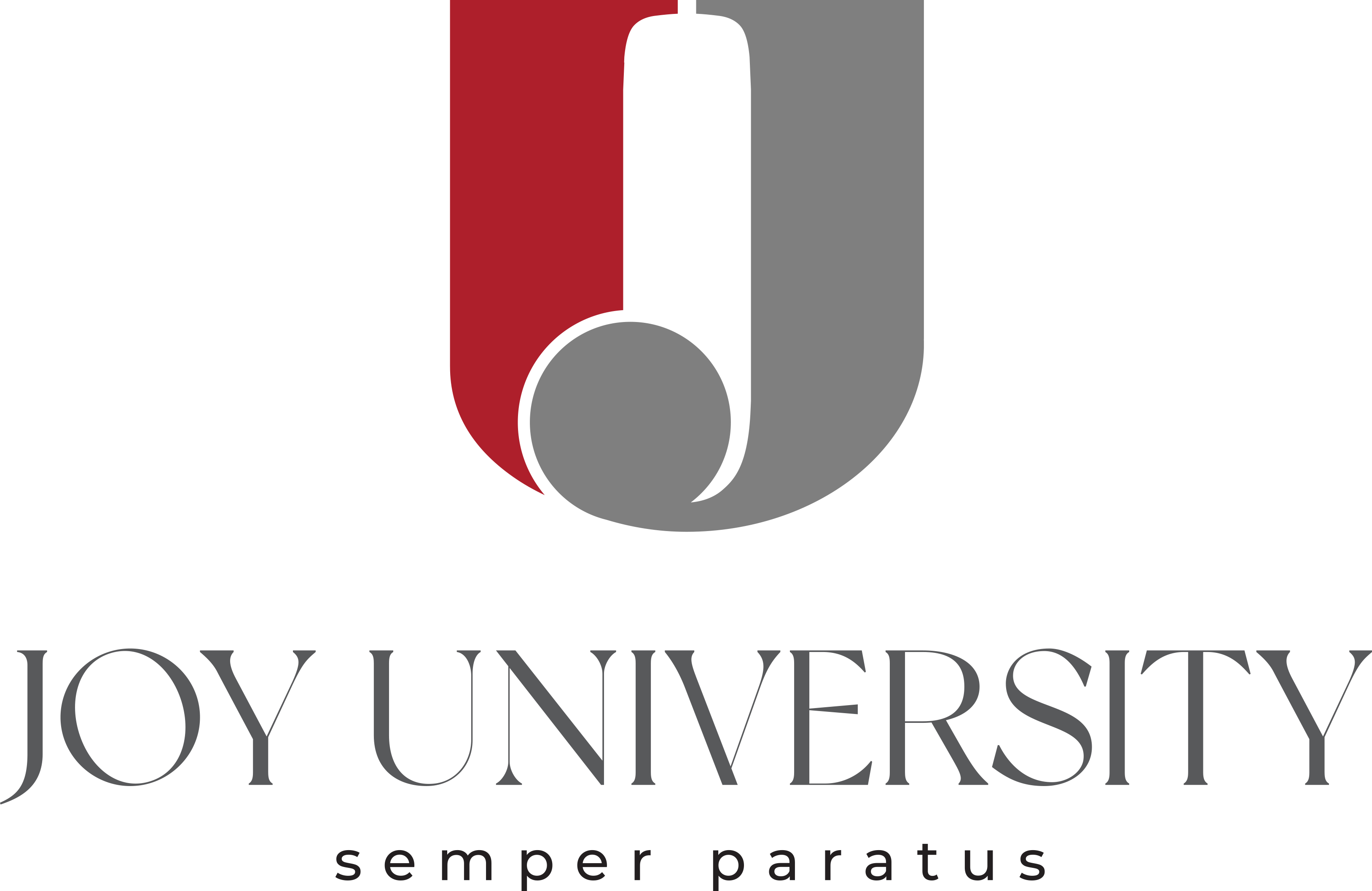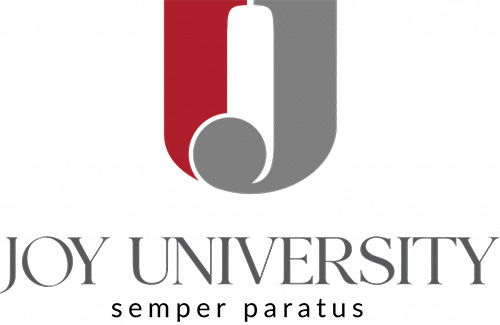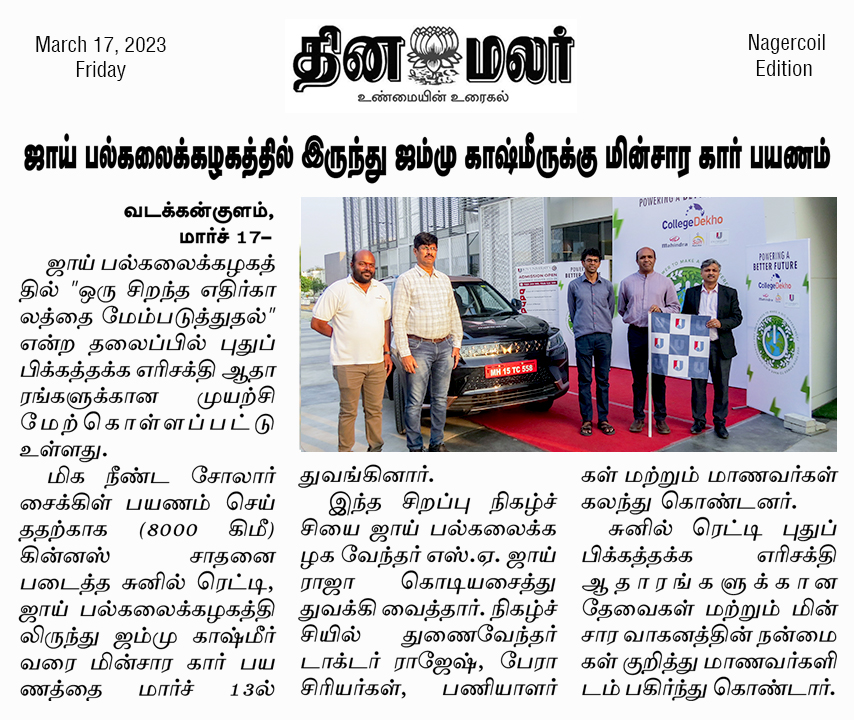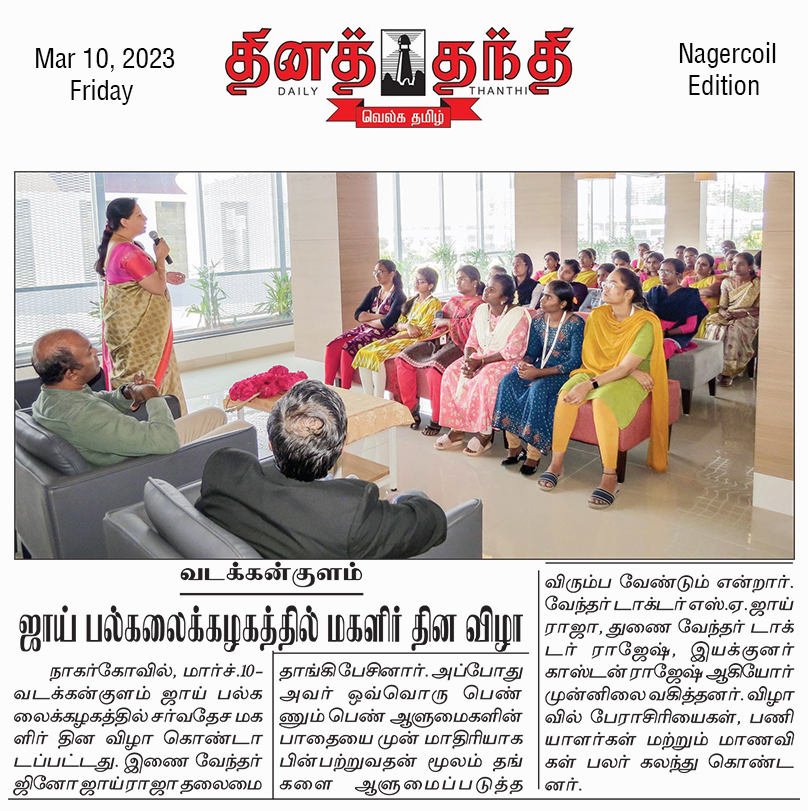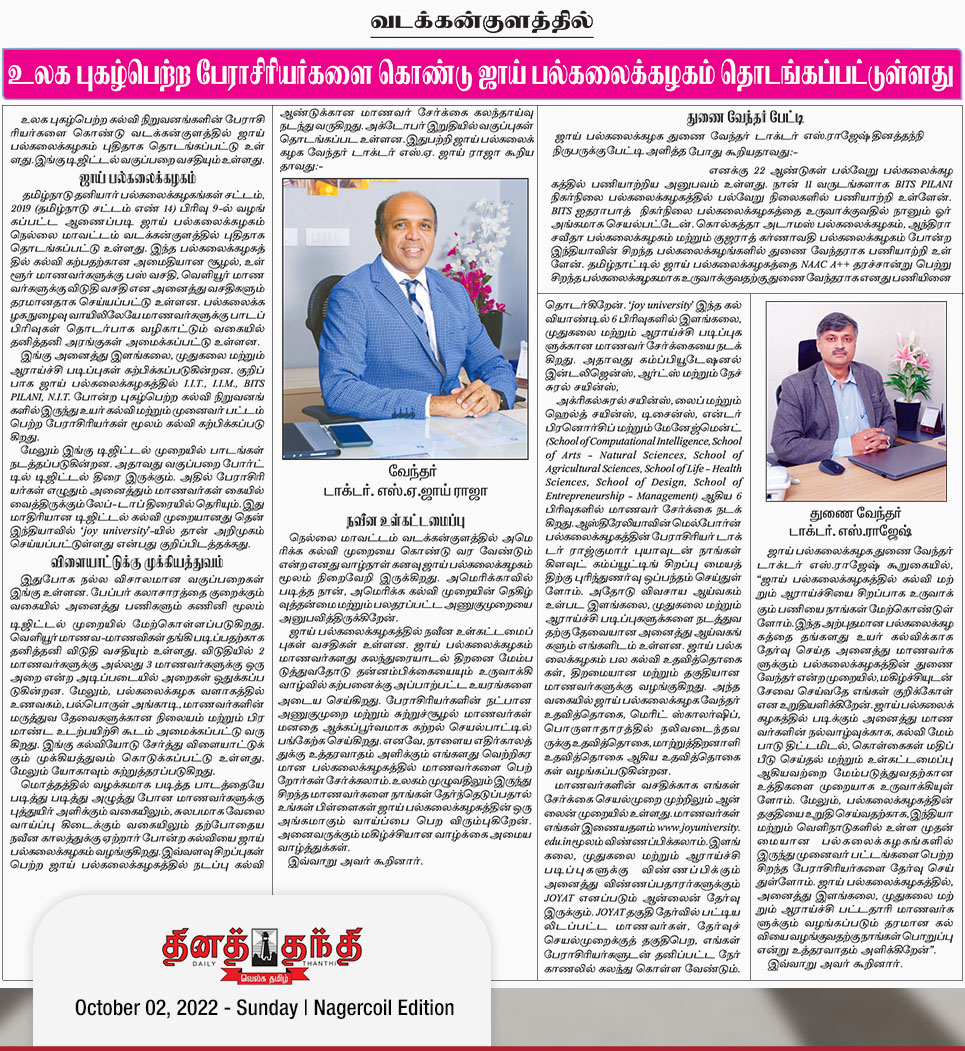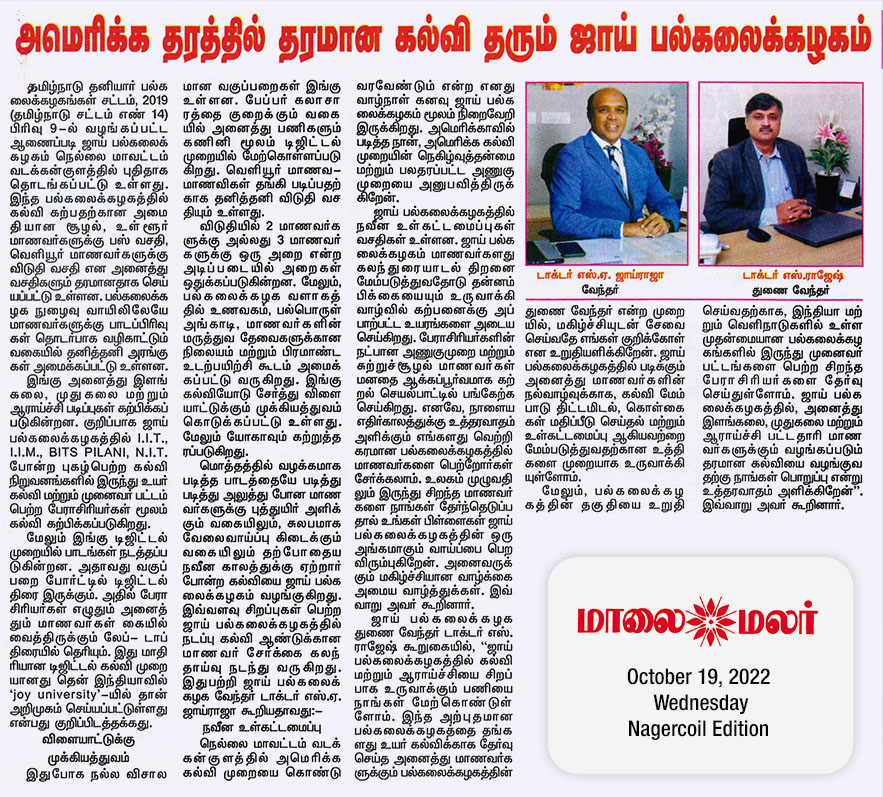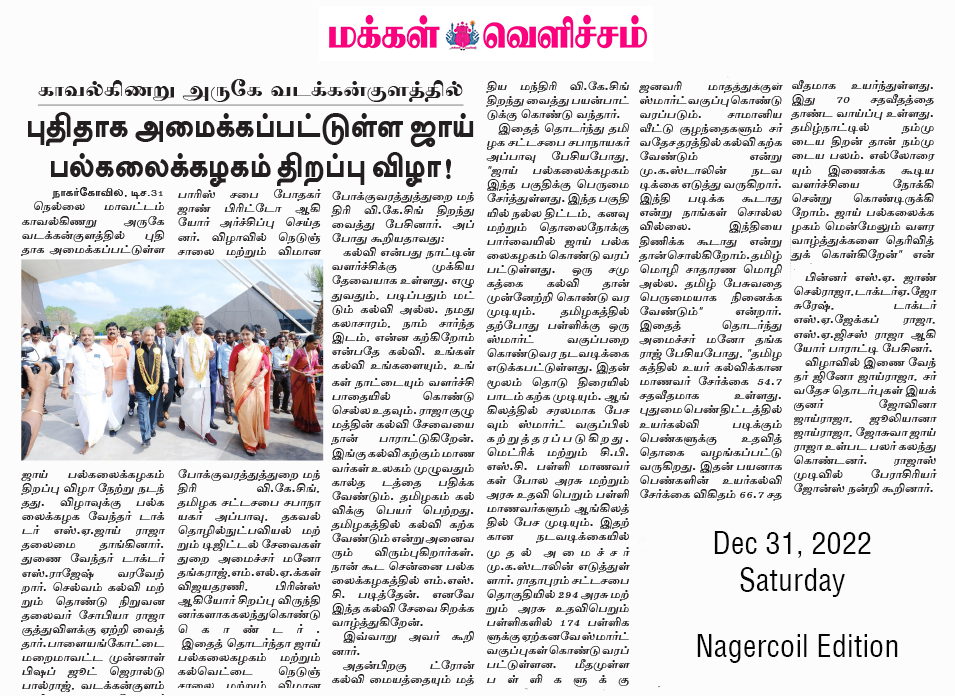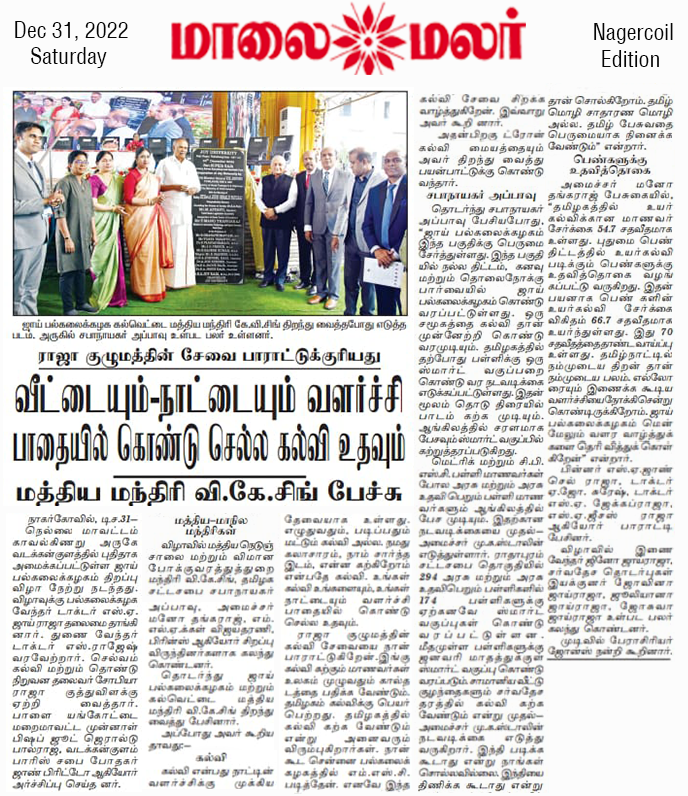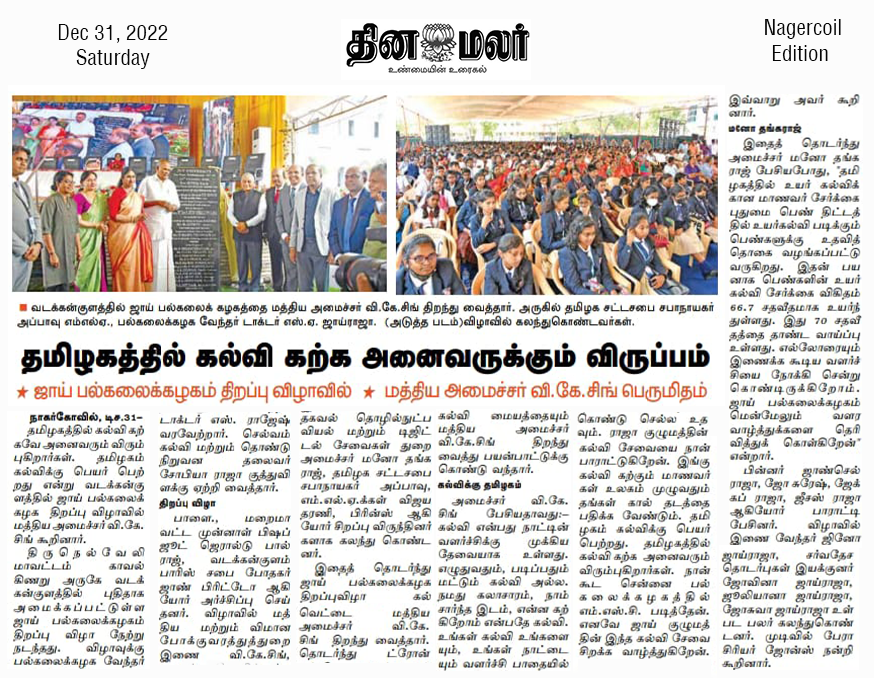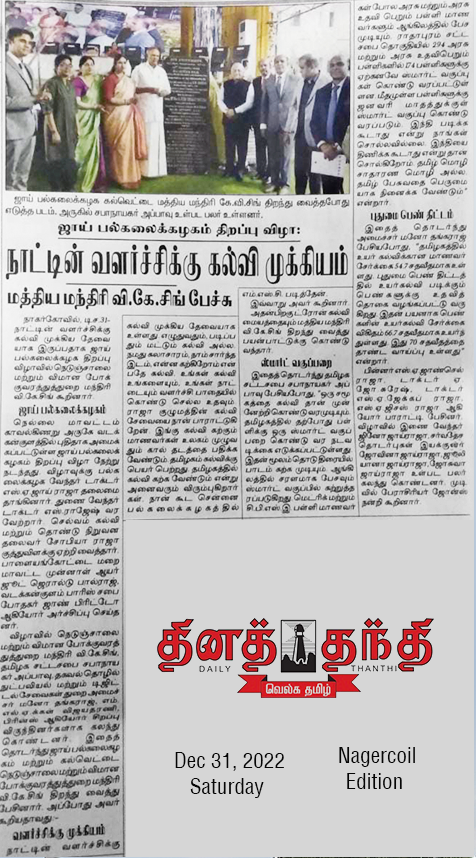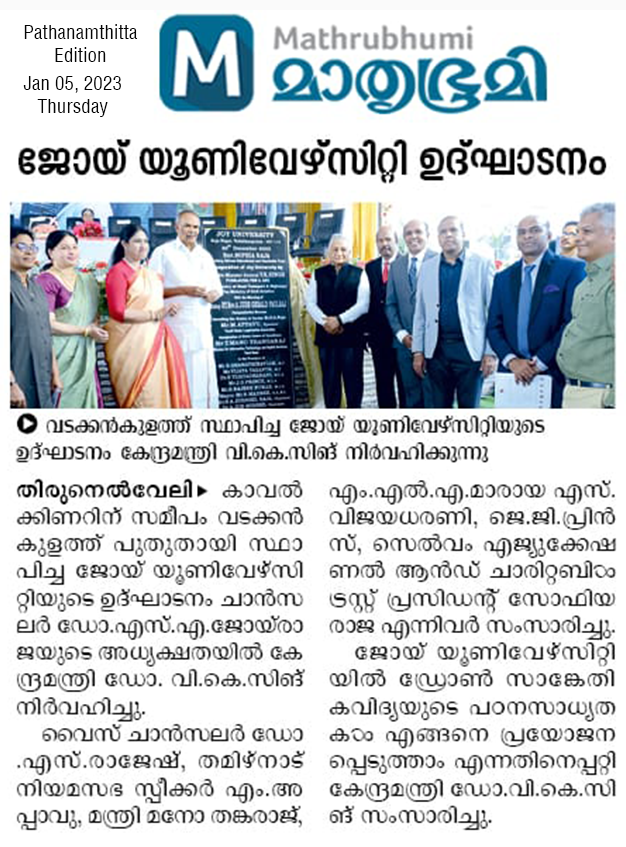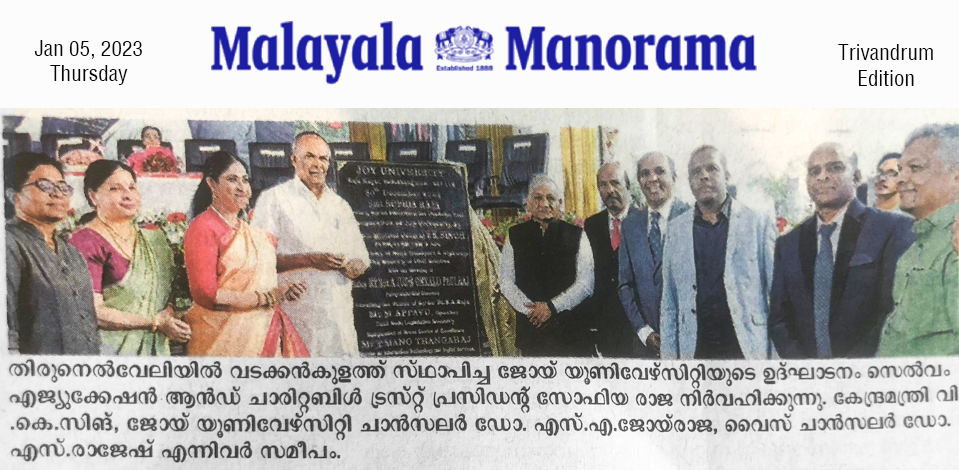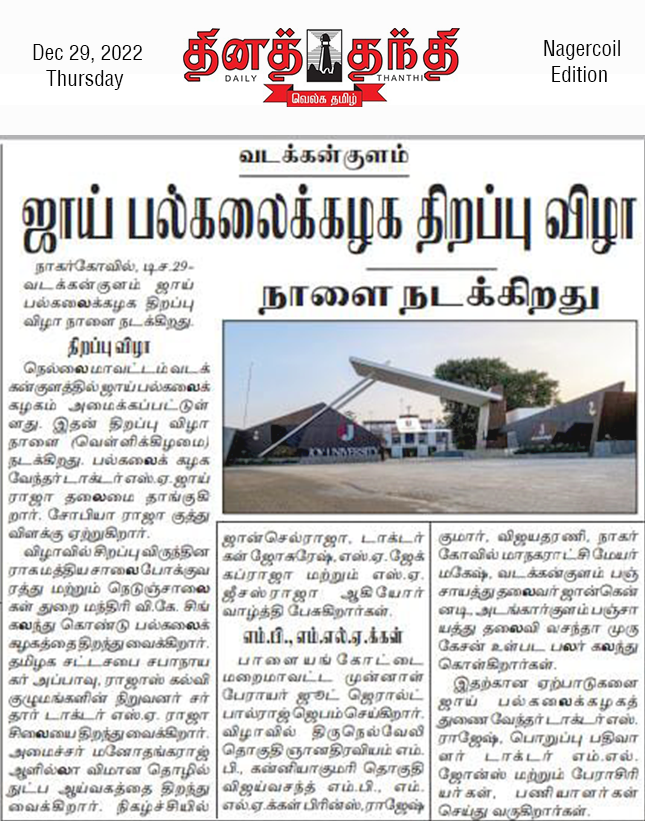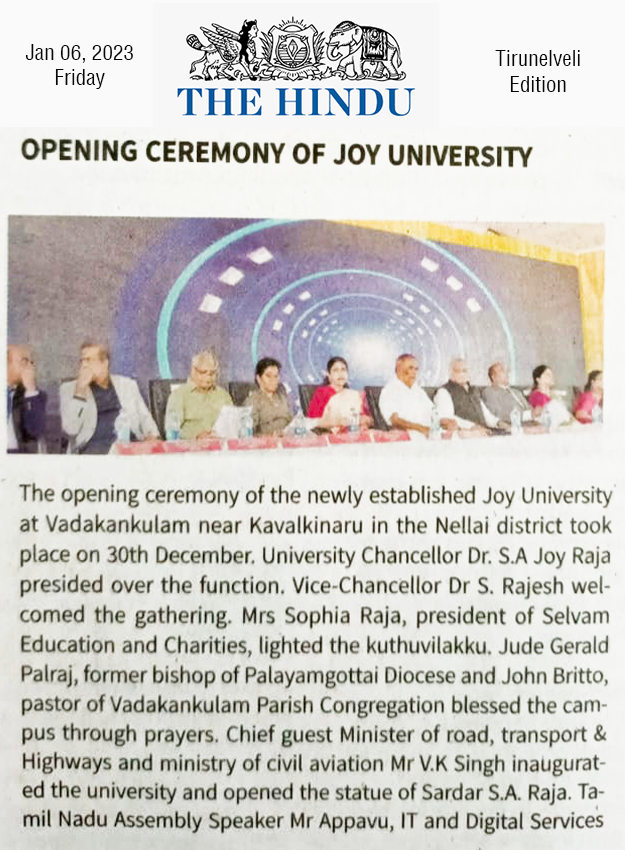
Each programme provides the opportunity to identify, plan and achieve learning goals through an understanding of cultural, social and technological developments in the context of historical, contemporary and individual concerns.

The objective, learning value and standard for each course are predetermined, but the context and relevance is repositioned by the faculty depending on the changing realities of the design profession and the level of professional competence achieved and demonstrated by the each group of students.

There lies an opportunity to develop innovative and exploratory thinking, necessary technical skills and the ability to locate individual design approaches within the appropriate professional context.

We develop the ability to develop critical, analytical, speculative and reflective problem-solving skills in an integrated manner to understand the scenario cum user based and culture centric approach of design.

To provide thorough understanding of technical, managerial and design fundamentals along with a strong exposure to real life situations so that they are able to experience how the intellectual, creative and other skills acquired could be adopted to benefit the user, society and industry.


 The broader objectives of design programmes at JU-SOD w.r.t Undergraduate and Postgraduate level are designed in such a way that students are able to progress through their courses in an integrated manner.
The broader objectives of design programmes at JU-SOD w.r.t Undergraduate and Postgraduate level are designed in such a way that students are able to progress through their courses in an integrated manner. The design programme curriculum at JU-SOD generates the scope for opportunities to integrate experiential and explorative learning in order to understand and achieve a high degree of creative innovation and quality.
The design programme curriculum at JU-SOD generates the scope for opportunities to integrate experiential and explorative learning in order to understand and achieve a high degree of creative innovation and quality. A flexible framework for student-centered learning, whereby courses and assignments are able to harness the potential each student has in terms of creative expression and multi-dimensional learning.
A flexible framework for student-centered learning, whereby courses and assignments are able to harness the potential each student has in terms of creative expression and multi-dimensional learning. Each programme provides the opportunity to identify, plan and achieve learning goals through an understanding of cultural, social and technological developments in the context of historical, contemporary and individual concerns.
Each programme provides the opportunity to identify, plan and achieve learning goals through an understanding of cultural, social and technological developments in the context of historical, contemporary and individual concerns. The objective, learning value and standard for each course are predetermined, but the context and relevance is repositioned by the faculty depending on the changing realities of the design profession and the level of professional competence achieved and demonstrated by the each group of students.
The objective, learning value and standard for each course are predetermined, but the context and relevance is repositioned by the faculty depending on the changing realities of the design profession and the level of professional competence achieved and demonstrated by the each group of students. We provide interdisciplinary and progressive knowledge of design but with a focused understanding of an area of specialisation suited to the professional design practice.
We provide interdisciplinary and progressive knowledge of design but with a focused understanding of an area of specialisation suited to the professional design practice. There lies an opportunity to develop innovative and exploratory thinking, necessary technical skills and the ability to locate individual design approaches within the appropriate professional context.
There lies an opportunity to develop innovative and exploratory thinking, necessary technical skills and the ability to locate individual design approaches within the appropriate professional context. We enable the students to develop a sense of social and professional commitments. They must learn to own the responsibility for their professional decisions.
We enable the students to develop a sense of social and professional commitments. They must learn to own the responsibility for their professional decisions. We develop the ability to develop critical, analytical, speculative and reflective problem-solving skills in an integrated manner to understand the scenario cum user based and culture centric approach of design.
We develop the ability to develop critical, analytical, speculative and reflective problem-solving skills in an integrated manner to understand the scenario cum user based and culture centric approach of design. To provide thorough understanding of technical, managerial and design fundamentals along with a strong exposure to real life situations so that they are able to experience how the intellectual, creative and other skills acquired could be adopted to benefit the user, society and industry.
To provide thorough understanding of technical, managerial and design fundamentals along with a strong exposure to real life situations so that they are able to experience how the intellectual, creative and other skills acquired could be adopted to benefit the user, society and industry.